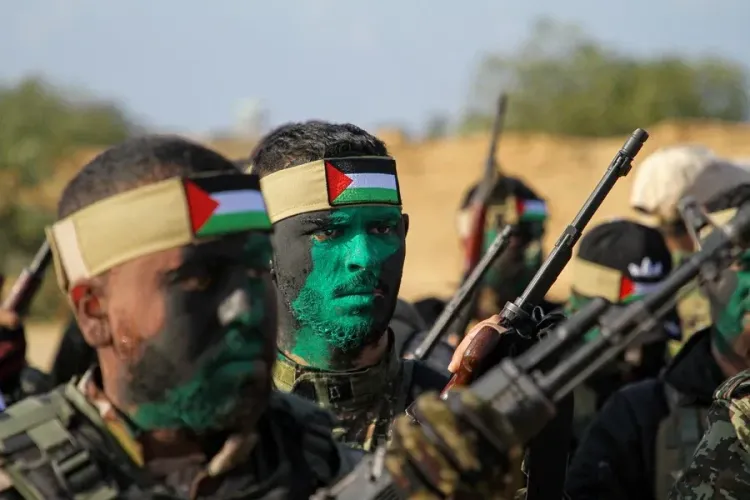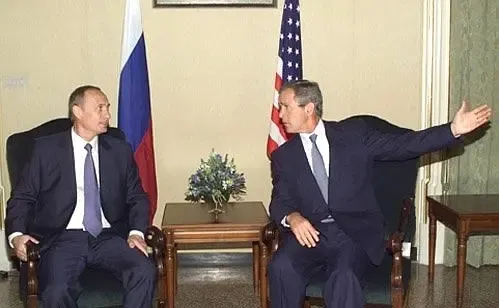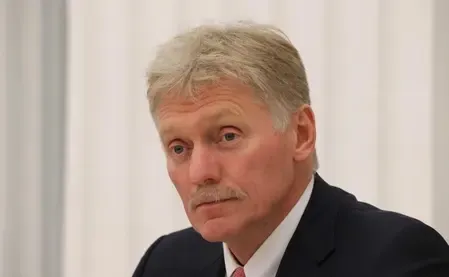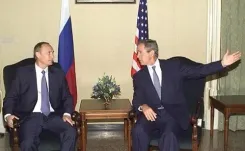How Are Hamas and Hezbollah Funded Through Crypto and Drug Trade?

Synopsis
Key Takeaways
- Hamas and Hezbollah operate under the PMVE category.
- Diverse funding sources include cryptocurrencies, state sponsorship, and criminal activities.
- Iran significantly supports these organizations.
- Both groups exploit charities for fundraising.
- Drug trafficking plays a crucial role in Hezbollah's finances.
Ottawa, Sep 6 (NationPress) Hamas and Hezbollah are recognized as "well-established and resourceful organizations" that fall under the category of 'Politically Motivated Violent Extremism' (PMVE) and maintain their operations through a variety of funding sources, as indicated in a report by the Canadian government.
The National Risk Assessment report outlines that PMVE involves the incitement of violence to establish new political systems or modify existing ones.
Although there may be religious components, the primary emphasis of the actors in this category is on political representation or self-determination rather than ethnic or racial dominance.
According to the report, "Hamas and Hezbollah are established and well-resourced groups that fall under the PMVE category. These organizations utilize various funding methods to support their operations, including exploiting the money services business (MSB) and banking sectors; leveraging cryptocurrencies; seeking state funding; misusing charities and non-profit organizations; and engaging in criminal activities."
Canadian officials noted that numerous terrorist groups listed under the Criminal Code—including Hamas, Hezbollah, and Khalistani extremist organizations like Babbar Khalsa International and the International Sikh Youth Federation—have traditionally depended on financial support from Canada.
The report indicates that while these groups previously operated through extensive fundraising networks, they now function with smaller groups of individuals aligned with their causes and lack formal organizational connections.
"Both Hamas and Hezbollah are known to utilize MSBs, particularly informal value transfer systems (IVTS) like hawalas, to transfer funds internationally. Hezbollah, in particular, is known for utilizing Lebanon's banking sector to manage their account holdings," the report mentioned.
Referencing the lawsuit Lelchook v. Societe Generale de Banque au Liban SAL in a New York court, the document emphasized how a now-defunct Lebanese bank provided financial services to Hezbollah, including correspondent banking ties in the US.
"Canada's financial sector may also face risks stemming from correspondent banking relationships with institutions known or suspected to be servicing Hezbollah in Lebanon," it cautioned.
Cryptocurrencies have also surfaced as a mechanism for these organizations, although the contributions remain relatively modest in value, the report stated.
"Both Hamas and Hezbollah utilize online platforms and social media to request donations in cryptocurrencies. Hamas has particularly been an early adopter of cryptocurrencies to raise and transfer funds, reportedly beginning to solicit Bitcoin donations in 2019," it revealed.
To convert digital assets, Hamas has allegedly turned to exchanges, MSBs, and informal transfer systems in Lebanon, Turkey, and Syria. However, the report acknowledged that the full scale and effectiveness of such cryptocurrency fundraising ventures remain uncertain.
Another significant revenue stream highlighted in the report is state sponsorship, especially from Iran.
"State sponsorship, particularly from Iran, serves as a critical source of income for Hamas and Hezbollah, enabling them to continue their operations," the assessment noted.
It referenced a May 2024 advisory by the US Financial Crimes Enforcement Network (FinCEN) that outlined methods used by Iran to bypass sanctions and direct funds to its allies, including oil and weapons sales, shell companies, correspondent banking connections, and cryptocurrencies.
Canada has identified similar 'Iranian patterns' benefiting Hezbollah and Hamas.
The report also pointed out that these groups exploit charitable and non-profit organizations for fundraising purposes.
"Despite these observations, it is estimated that revenue generation through NPO misuse constitutes a relatively minor portion of the overall operational budgets of terrorist groups," it mentioned, referencing the 2024 Egmont Group overview on NPO abuse typologies and global financial intelligence cooperation.
The report further indicated that criminal activities, notably drug trafficking, significantly contribute to Hezbollah's finances.
"Criminal activities also serve as a funding mechanism for PMVE objectives, particularly for Hezbollah, which maintains strong alliances with both international and domestic organized crime groups. Hezbollah is a prominent global player in the cocaine, heroin, fentanyl, and captagon trades, with trafficking networks extending from Latin America, Canada, and the US," the report disclosed.
It added that Hezbollah has also engaged in trade-based money laundering.
"FINTRAC has reported that funds suspected of supporting Hezbollah were sent or received related to the used car industry," the document stated.
US officials have documented Hezbollah's involvement in purchasing used cars in North America and reselling them in countries such as the UAE, South Africa, Angola, Belgium, UK, Hong Kong, Tanzania, Kenya, and Yemen, with profits ultimately funneled back to Lebanon through couriers.
The report specifically identified the Port of Montreal as a recognized hub where luxury vehicles are shipped to Lebanon, financially supporting Hezbollah.










